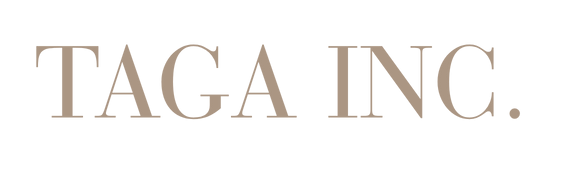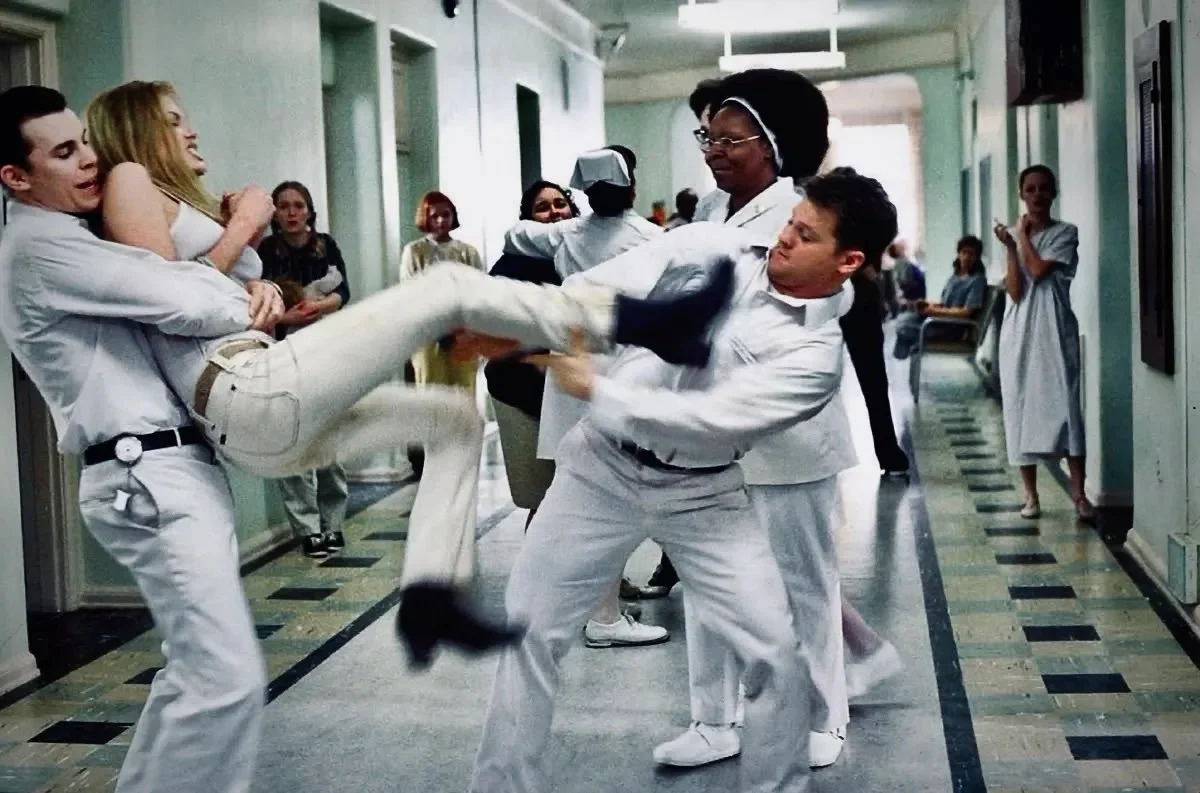Beyond ‘Victim Blaming’: The Truth About Breaking Free from Victimhood
“Maybe I was just crazy. Maybe it was the 60s. Or maybe I was just a girl… interrupted.”
Before we dive in, let’s be clear. The goal here isn’t to dismiss anyone’s story or downplay the weight of personal struggle. Quite the opposite. We’re here to hold space, not throw stones. To challenge, not to condescend. To uplift, not to scold. That said, helping others find their way out of psychological warfare isn’t about playing savior. It’s a craft that requires both intelligence and a deep sensitivity to the human condition. True empowerment doesn’t ignore emotion, it respects it. But it doesn’t hand over the wheel either.
As Nietzsche put it:
“He who fights with monsters should look to it that he himself does not become a monster.”
In the same way, someone who’s been through victimizing circumstances must be careful not to become a victim in identity.
Mastery isn’t about dodging hardship, but facing it with presence and clarity. As infinite beings, we can’t let pain shape or confine us. It’s more of a quiet back-and-forth between what challenges us and what inspires us to grow. That balance between empathy and accountability matters, especially in how we treat ourselves when no one else is looking.
Introduction
Think of it like catching the flu. You didn’t choose to be exposed, but once infected, it becomes your responsibility to heal and prevent it from spreading further.
If you’re familiar with spiritual law or Stoic principles, you might have encountered teachings that seem detached or even cold, particularly when addressing deep trauma and abuse. This raises an important question: Is it wise to measure our abilities or define our identity by our circumstances, leaving no room for growth and transformation?
Many aspects of our society still operate under outdated beliefs inherited from previous generations; beliefs that remain unchallenged and unresolved. One of the most pervasive is the notion that accepting defeat is a form of self-preservation, as if surrendering to hardship somehow offers protection. Like Sisyphus, condemned to his eternal struggle, suffering has become a badge of honor even in an era of limitless possibilities, ultra-convenience, and unprecedented access to opportunity.
A strange paradox has emerged: The higher we climb, the weaker we feel. And lurking in the shadows is another beast — loneliness.
The absence of validation and support often keeps us clinging to the familiar, even when that familiarity is suffering.
On the surface, it’s easy to blame today’s hyper-convenience for dulling the mind, as if ease itself has made us lazy or apathetic. But I don’t fully buy that. We’re not starved of challenge, in fact we’re drowning in it.
The real issue isn’t a lack of problems; it’s the way we engage with them.
We’ve become so fluent in identifying what’s wrong that we’ve forgotten how to hold the frequency of a solution.
As Einstein put it:
“You cannot solve a problem with the same consciousness
that created it.”
And yet, here we are overthinking, overanalyzing, and looping through the same thoughts, hoping for different results.
That’s not growth, that’s entrapment disguised as awareness.
The false comfort of victimization will never free you from the very chains of the experience you long to escape. If you desire freedom, you must think as though you already possess it.
One cannot exist in two states of consciousness at once. In this realm of nuance, this is where binary thinking either this or that truly applies. The state of freedom cannot coexist with the state of victimhood. It will only reinforce the belief that you can be slowed down or controlled. Yet, just as surely, the state in which you are free.
Not bound by limitations, traumas, or circumstances, already exists.
Will you claim it?
Victims Victimizing Other Victims
Let me ask you something. How many of us actually want to be controlled? Unless you’re deeply masochistic (no judgment), I’d wager not a single hand would rise. And yet, every time we let a person, a system, or a circumstance steer the wheel, that’s exactly what we’ve agreed to.
Maybe it sounds cartoonish, but picture it: a steel cage that once held beasts now filled with people who stepped in willingly, convinced it was safer inside.
That’s the trick. The inversion where most reside. We’ve been seduced by the comfort of captivity, nurturing narratives we no longer want to live, calling it realism, calling it truth.
But maybe, just maybe…true safety doesn’t lie in submission, but in denying it this seduction.
When you stop participating in your own suppression, anything that tries to dominate you collapses under the weight of its own illusion. That’s when the chain breaks.
That’s when the cycle ends with you.
Victimhood spreads like an infection. Emotional, psychological, ancestral. It passes through silence, through sarcasm, through that being “just the way things are.” It breeds in rooms where optimism is mocked and apathy is dressed as wisdom.
And the moment someone rises above it? They’re often attacked by the very people they once stood beside. It’s a battlefield built from self-loathing. A loop of suffering kept alive by our refusal to believe we deserve more.
But today… that loop ends. That beast doesn’t eat. No more energy. No more space. No more breath.
“The world doesn’t need victims any more than it needs scapegoats.”
— Nobody’s Victim, YouTube (2023–2024)
Who Benefits from Your Comfort in Inferiority?
The answer may wear many masks, but the truth always circles back to you. The world may not always shape you, but it will reflect you.
A person rooted in real confidence knows the only will worth mastering is their own. One doesn’t need to control others or play the victim to feel powerful. One simply is.
But when struggle becomes your native language, even pain can start to feel like home. And safety? Safety becomes whatever hurts least.
Still, don’t confuse survival with sovereignty.
You were always right to believe you deserved more. That truth is sacred. But what happens to you doesn’t need to define you. It doesn’t deserve that kind of altar. If you let others feed you your worth, their validation becomes your lifeline and when it runs out, so will your sense of self.
So don’t barter your identity for crumbs. Let the pain be a portal. Let it teach you how to rise. Cleaner, sharper, softer, louder. Whole.
The Power of Your Mind Is Enough to Free You
Directing energy toward mental strengthening, reprogramming, or neural rewiring is action. This is the foundation. But action without principle or discipline leads only to collapse. What many fail to grasp is that changing your thoughts choosing a new neural pathway, a new reality is the real hard work. It’s not supposed to be. But for many, it is.
The brain is a muscle like any other. Imagine never having trained, then suddenly trying to lift heavy weights especially with an unhealed injury. The effort isn’t meant to be punishing. But when you perceive a chasm between where you are and where you want to be, that perception alone can become the burden.
Your mind will conjure any excuse to keep you exactly where you are. But you must stay disciplined, especially in the face of illusions that whisper you can’t trust yourself. Including subscribing to conspiracy narratives, which only tightens the very noose you’re trying to slip out of. These loops, these fear-fueled belief systems are not rebellion. They are cages. They oppose sovereignty. They feed victimhood.
There is no “they” when you are the god of your own reality.
You need no justification for your current state beyond this: you’ve been consistently thinking from the standpoint of a victim.
But that can change. And that change begins now.
Remain consistent. Speak to yourself daily from the version of you that knows what it wants and claims it.
New Worlds, New Stories
It does not matter if the world tells you it is okay to be a victim because the world may not always have your best interests at heart.
Affirm the new story through conviction and action. Watch your life shift to match what you declare.

